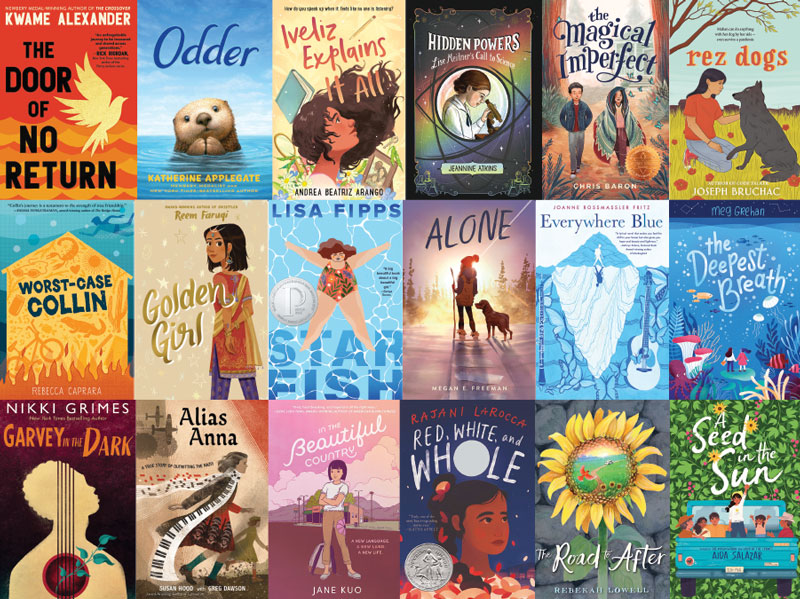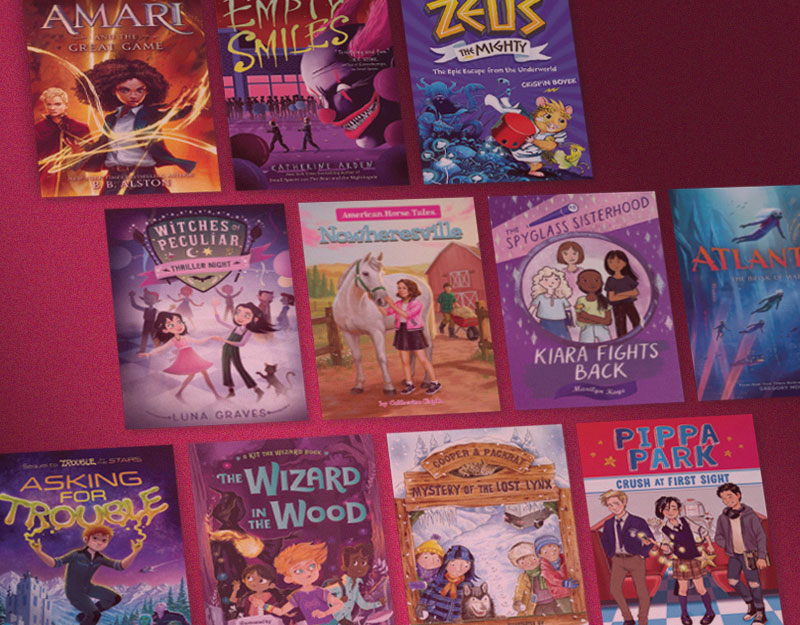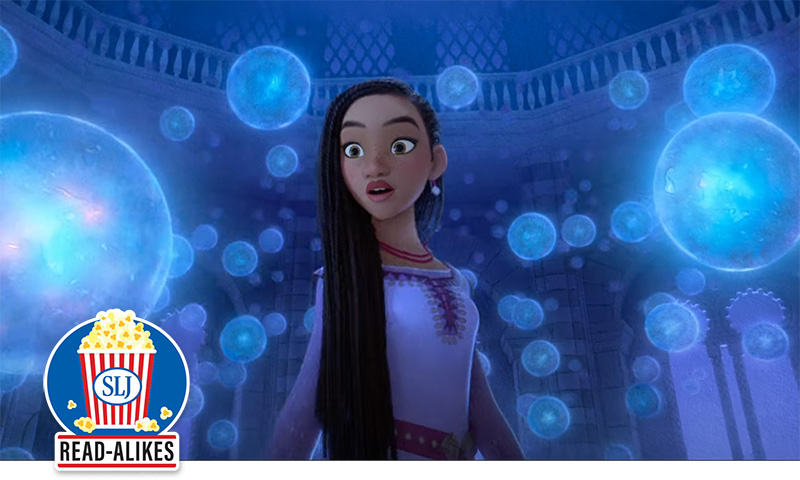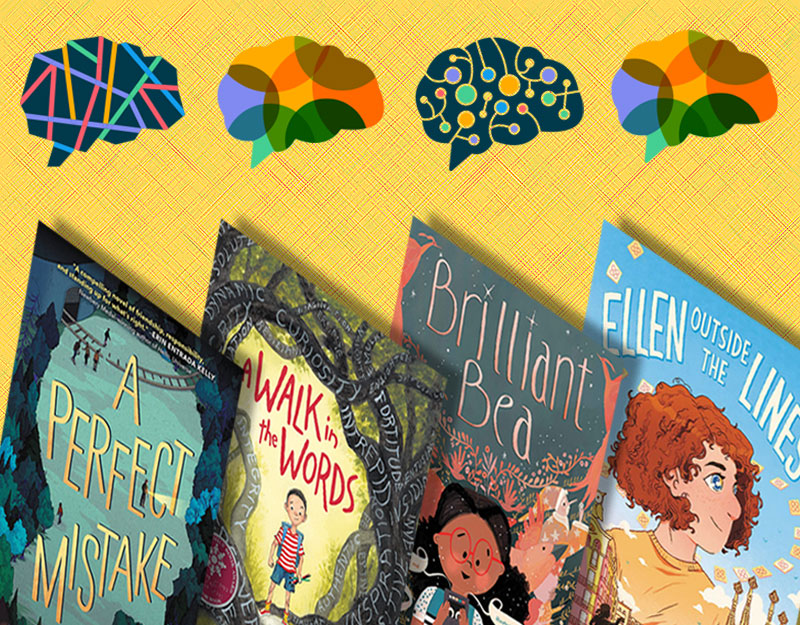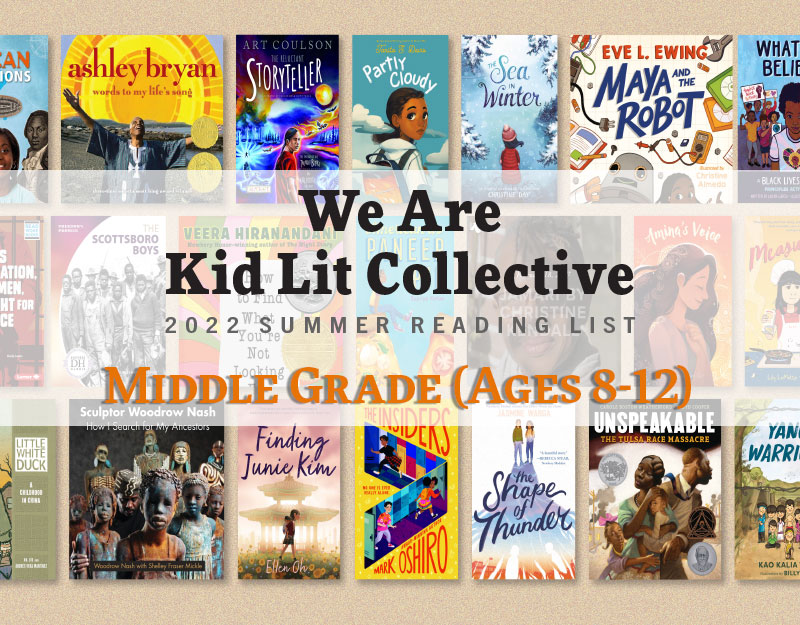Fracturing a Fairy Tale, a guest post by Caroline Carlson, the author of WICKED MARIGOLD

My daughter has been a book lover since birth. Even as an infant, she’d settle in her crib only if I read to her from whatever book I happened to have on hand, and she’d start fussing whenever I tried to stop. It became clear to me pretty quickly that I needed a readaloud that was both child-friendly and long. I dug out the anthology of Grimm’s fairy tales that we’d received as a shower gift, and at every naptime, I told my daughter stories.
They were familiar to me, if not to my tiny audience. “Hansel and Gretel,” “The Twelve Dancing Princesses,” “Rumpelstiltskin”: these were the tales I’d grown up reading, too, so many times that I could have recited them by heart. As a child, I’d fallen in love with fairy tales like a seventh son gone head over heels for a youngest princess. But as a parent reading to my own child, I couldn’t help making my own amendments and annotations as I fought my way through the brambles of story. How happy isa fairy-tale ending, after all, if you’re forced to marry the soldier who’s been spying on you or the king who’s only interested in the gold you can’t actually spin? When you’re a child whose parents have abandoned you in the woods, are you really going to be grateful to return home? “These are old stories,” I explained to my daughter, “told by a certain group of people who understood the world in a certain way. This isn’t how things work now, okay?”
ADVERTISEMENT
ADVERTISEMENT
She burped as if she understood.
For almost as long as I’ve loved fairy tales, I’ve been trying to complicate them. Maybe that’s because if you don’t complicate them, they become harder to love. The shape of familiar Western European fairy tales can feel rigid and unwelcoming, full of porcelain-skinned and golden-haired protagonists whose inherent goodness guarantees them a happily-ever-after ending in the form of a heterosexual marriage. Fairy-tale worlds are full of moral certainty; there is pure good and pure evil, and good will always triumph. After some struggle, the hero will persevere and reach their happy ending, after which nothing much will change, certainly not for the worse. As we grow older, we begin to understand that the shape of fairy tales isn’t much like the shape of life.
But we read fairy tales when we’re very young, and these shapes become familiar to us—so familiar that when our lives drift off an enchanted course, we might instinctively blame ourselves for failing to be the heroes of our own stories. If we’re not beautiful or strong or inherently good, what have we done wrong? If we make mistakes, if we sometimes act like more of an evil fairy than a perfect princess, what narratives are we allowed to tell about ourselves? What are we supposed to do when our moments of triumph turn out to be temporary? There’s no guide for that sort of thing in the Grimm anthology. Is it possible for us to hold onto our love of fairy tales and also fall in love with our own messy, complicated stories?
When I began to draft my new middle grade novel, Wicked Marigold, I wanted to write my own tribute to the fairy tales I still adored, full of magic and adventure, with the promise of a happy ending. But I also wanted to tell young readers the truth. I was writing against the backdrop of the pandemic and the American election, trying to make some sense of an incredibly complex world, and I couldn’t bring myself to spin a straightforward story of good versus evil that every kid on the planet would immediately recognize as nonsense. So I built my fairy-tale world, complete with a impeccably good princess and some truly vile villains—and into this world I dropped an eleven-year-old girl named Marigold, a kid so thoroughly human that the fairy-tale world simply doesn’t know how to accommodate her.
Marigold tries her best to be good; she really does. After all, her parents, the king and queen, have explained to her many times that if you’re not good, you must be wicked. (That’s just how things work in the Cacophonous Kingdoms.) But Marigold isn’t as beautiful or enchanting as her perfect older sister, Rosalind, and when she runs away to live with the evil wizard Torville, she quickly discovers that she’s not callous enough to be truly wicked, either. Even the exercises in the wizardly self- help book Evil in Twenty-Three Minutes A Day don’t seem to help. No matter how ferociously she scowls or how many times she visualizes her heart shriveling up like a dried currant, Marigold can’t get Torville and his imp to understand how truly villainous she must be—or how villainous she has to be in order to fit into the traditional storybook structure that frames her life. When her wicked spells backfire and wizard Torville is transformed into a blob of glop, Marigold finds herself ensnared in a magical tangle from which she can escape only by being not perfectly good or perfectly wicked, but perfectly herself. And she discovers along the way that the Cacophonous Kingdoms might be more morally complex than she’d originally thought.
“Bluebells may not spring up under your footsteps,” Torville tells Marigold toward the end of the book, “but that doesn’t mean you can’t do a great deal of good in the world if you choose to—or a great deal of wickedness, if you’d prefer.” It’s not exactly a fairy-tale lesson, but it’s one that I think is valuable to pass along to young readers. The narratives of our own lives aren’t shaped by storybook forces. No matter who we are, we can choose to do good, or at least to attempt it. And even when we’re less than perfect in those attempts, we are still worthwhile. This is the world as I choose to understand it, and this is the kind of story I hope to spin in books for children, borrowing the magic of old-fashioned fairy tales to help kids think in more complex ways about their own lives—and to give them hope for a new, more enduring kind of happily ever after.
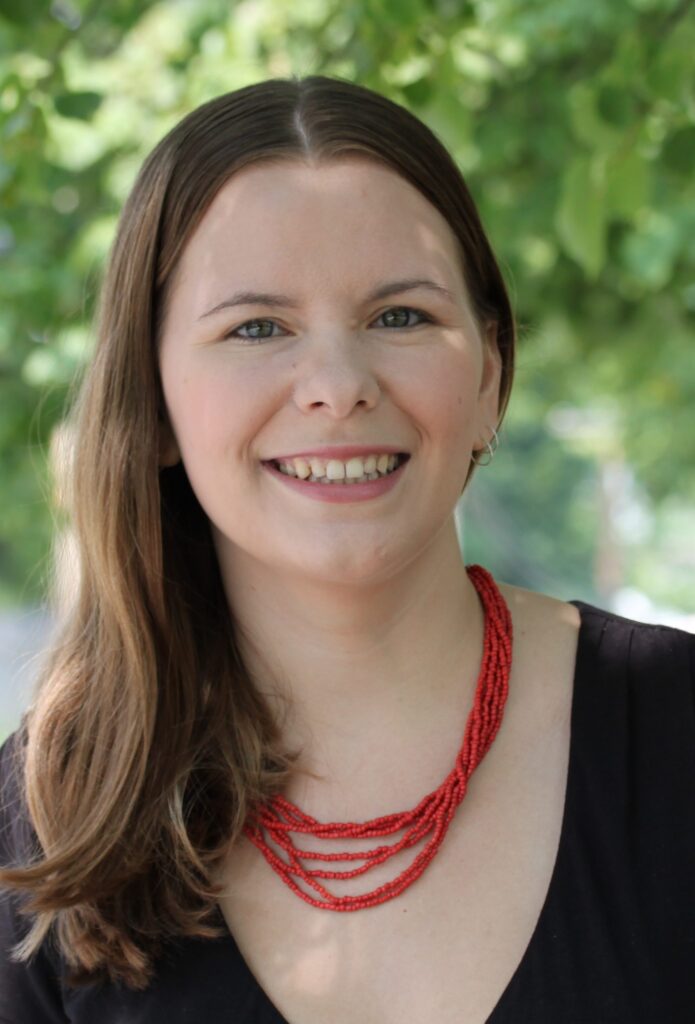
Caroline Carlson is the author of funny and fantastical books for young readers, including The Very Nearly Honorable League of Pirates trilogy, The World’s Greatest Detective, and The Door at the End of the World. Her new book, Wicked Marigold, was named one of the best books of summer 2024 by People Magazine. Caroline is the children’s book columnist for the website Literary Hub. She holds an MFA in Writing for Children from Vermont College of Fine Arts and lives in Pennsylvania with her family.
Author photo credit:
A.R. Capetta
Website/social media links:
Website: www.carolinecarlsonbooks.com
Instagram: https://www.instagram.com/carolinecarlsonbooks
Facebook: https://www.facebook.com/carolinecarlsonbooks
Filed under: Uncategorized
About Karen Jensen, MLS
Karen Jensen has been a Teen Services Librarian for almost 32 years. She created TLT in 2011 and is the co-editor of The Whole Library Handbook: Teen Services with Heather Booth (ALA Editions, 2014).
ADVERTISEMENT
ADVERTISEMENT
SLJ Blog Network
“If you like my storytelling, this is your jam.” Jason Reynolds Goes All Audio with “Soundtrack”
Junie B. Jones and the Stupid Smelly Bus: The Graphic Novel | Review
When Book Bans are a Form of Discrimination, What is the Path to Justice?
Pably Cartaya visits The Yarn
ADVERTISEMENT



